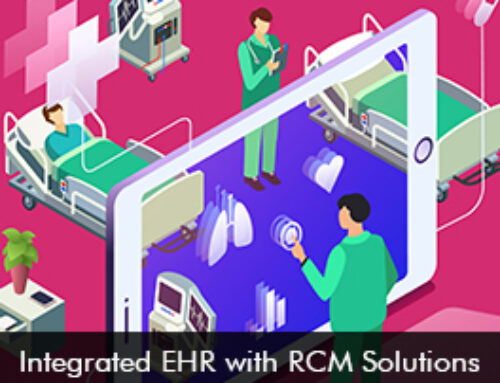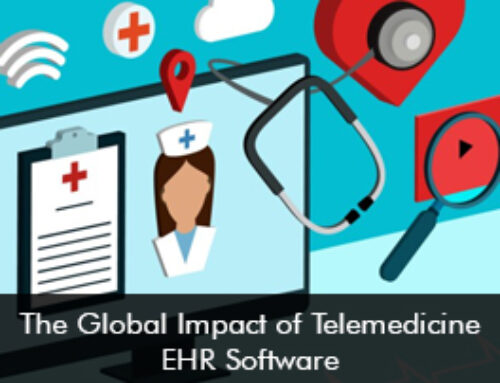Veterans Day, observed annually on November 11th in the United States, holds profound significance as a day dedicated to honoring and paying tribute to the nation’s military veterans. Originally established as Armistice Day to mark the end of World War I, it was later renamed Veterans Day to extend recognition to all veterans who have served their country in times of both war and peace. This day serves as a reminder of the sacrifices made by those who have worn the uniform and highlights the importance of supporting and caring for the health and well-being of our veterans.
The Role of EHRs in Veteran Healthcare:
Before we delve into how EHRs specifically benefit veterans, it’s essential to understand the fundamental role of EHRs in modern healthcare.
-
EHRs: Digital Medical Records:
Comprise comprehensive patient medical information: medical history, treatments, prescriptions, and test results.
-
Electronic Storage and Accessibility:
Information stored digitally for easy and secure access by authorized healthcare providers.
-
Critical Importance for Veterans:
Especially crucial for veterans’ healthcare to ensure streamlined and accessible medical records across various healthcare settings.
Significance of Veterans Day:
Honoring Service and Sacrifice:
Veterans Day is a dedicated occasion to honor and pay tribute to the service and sacrifices of military veterans.
Unifying Remembrance:
It serves as a unifying national day of remembrance for veterans, irrespective of the era in which they served.
Continued Support:
Veterans Day underscores the importance of ongoing support and recognition for veterans.
Acknowledging Contributions:
It highlights the significant contributions veterans have made to the nation’s freedom and security.
Expressing Gratitude:
It’s a day when the nation collectively expresses gratitude for the enduring impact of veterans on American society.Veterans Day is a time to reflect on the sacrifices and contributions of veterans.
How EHRs Benefit Veterans:
Enhanced Accessibility and Continuity of Care:
EHRs ensure that all healthcare providers have access to a veteran’s up-to-date medical information, reducing errors and redundancy.
Streamlined Telehealth Services:
EHRs facilitate telehealth appointments, making healthcare more accessible to veterans, even in remote areas.
Improved Medication Management:
EHRs provide medication management tools, reducing the risk of errors and enhancing overall well-being.
Efficient Tracking of Service-Related Injuries:
Veterans often have service-related injuries, and EHRs help track and manage these conditions, leading to better treatments.
Data Accuracy and Avoidance of Duplication:
EHRs maintain accurate patient data, reducing errors and eliminating the need for redundant tests and paperwork.
Challenges and Improvements:
Privacy and Security Concerns:
EHRs must address privacy and security concerns, ensuring that veterans’ health data remains confidential and protected.
Interoperability and Data Sharing:
Ensuring that EHR systems across different healthcare providers and the VA can communicate seamlessly is an ongoing challenge.
User-Friendly Interfaces:
Improvements in EHR interfaces can make them more user-friendly, benefiting both healthcare providers and veterans.
Integration of Advanced Technologies:
- Continued innovation in EHRs, including AI and machine learning, can enhance veterans’ healthcare.
- Veterans Day is a time to reflect on veterans’ sacrifices and honor their service.
- EHRs play a pivotal role in improving veterans’ healthcare, ensuring accessibility, continuity of care, and accuracy of medical records.
Challenges remain, but ongoing improvements in EHR systems promise a brighter future for veterans’ healthcare.







